The car industry has always looked ahead, but it has never been more focused on the future than it is right now. It is a time of unprecedented change, with electrification, legislation, autonomy and other new technology set to profoundly affect the way cars are built, powered, driven and sold.
During 2019, we’ve had glimpses of that future, with the launch of models such as the Porsche Taycan, Volkswagen ID 3 and Peugeot e-208 and the arrival in Europe of the Tesla Model 3.
Those machines show the future is bright: the problem is that it’s not here yet. But the disruption being caused by all that change – and several other factors – is and was reflected in the turbulent state of the car industry in 2019.
Here are the big issues that dominated the motor industry this year.
Uncertainty hits car sales
Analysts expect more than three million fewer new cars will be sold globally this year than in 2018. In the UK, year-on-year sales were down 2.7% at the end of November. There are multiple reasons for the decline, with the economic slowdown and consumer uncertainty playing key roles, exacerbated in the UK by the ongoing drama over Brexit.
The continued decline of diesel, accelerated by the increasing prospect of anti-diesel legislation, was also a major reason for the fall. Sales of diesels fell more than 22% year on year in the UK – hitting firms with a heavy reliance on those engines, such as Jaguar Land Rover (JLR).
Another key concern was the continued struggle of China: sales in the world’s biggest car market were down more than 12% year on year, not helped by trade tensions between China and the US.
Emissions testing and targets
The impact of tougher WLTP emissions tests introduced in late 2018 carried into this year and several firms had to temporarily pull certain cars from sale due to backlogs in getting cars certified under the new system.
The bigger challenge the industry had to face up to this year was preparing for the introduction of the EU’s 95g/km CO2 fleet emissions target in 2020. Those targets will be impossible to hit using purely combustion-engined cars and, with sales of fully electric vehicles yet to pick up, that led to a huge push of hybrid cars.
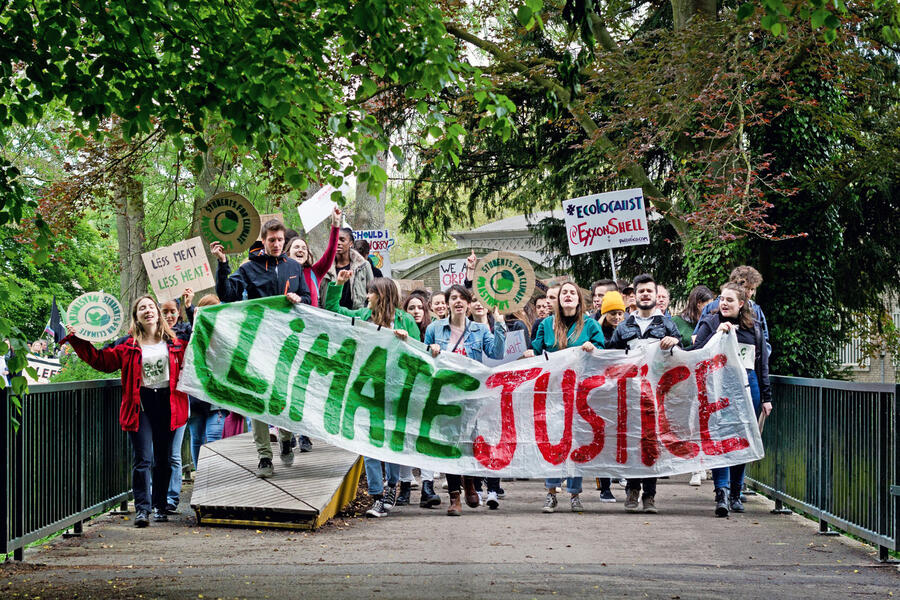
There will be massive fines for missing those targets, so expect disruption in the availability of certain models as firms take action to adjust the average CO2 emissions of their fleet during 2020.

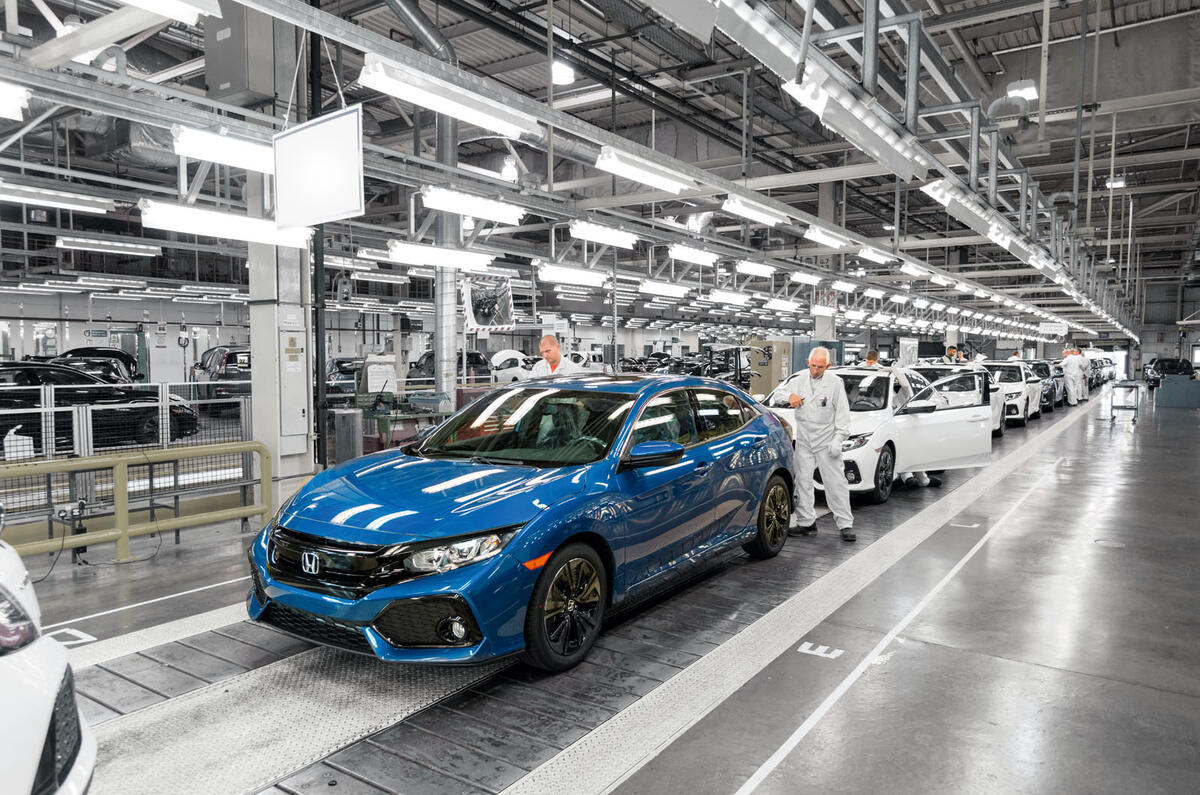
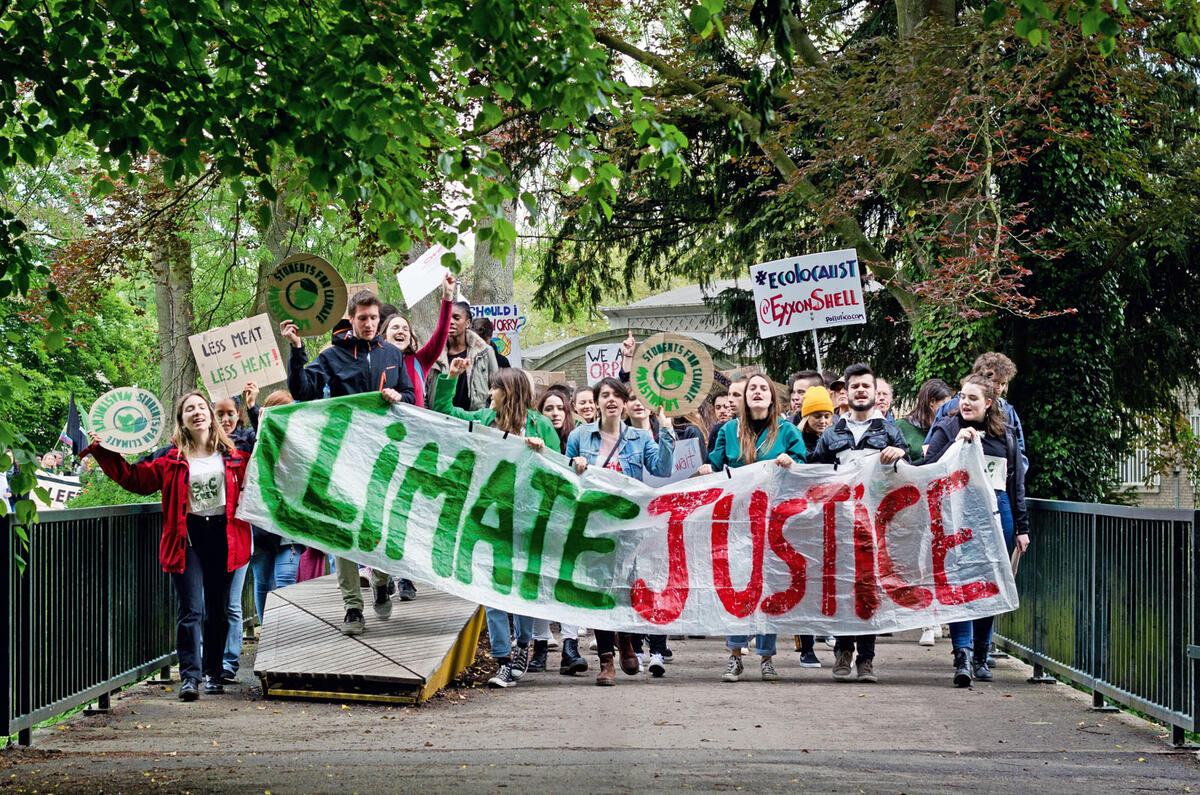
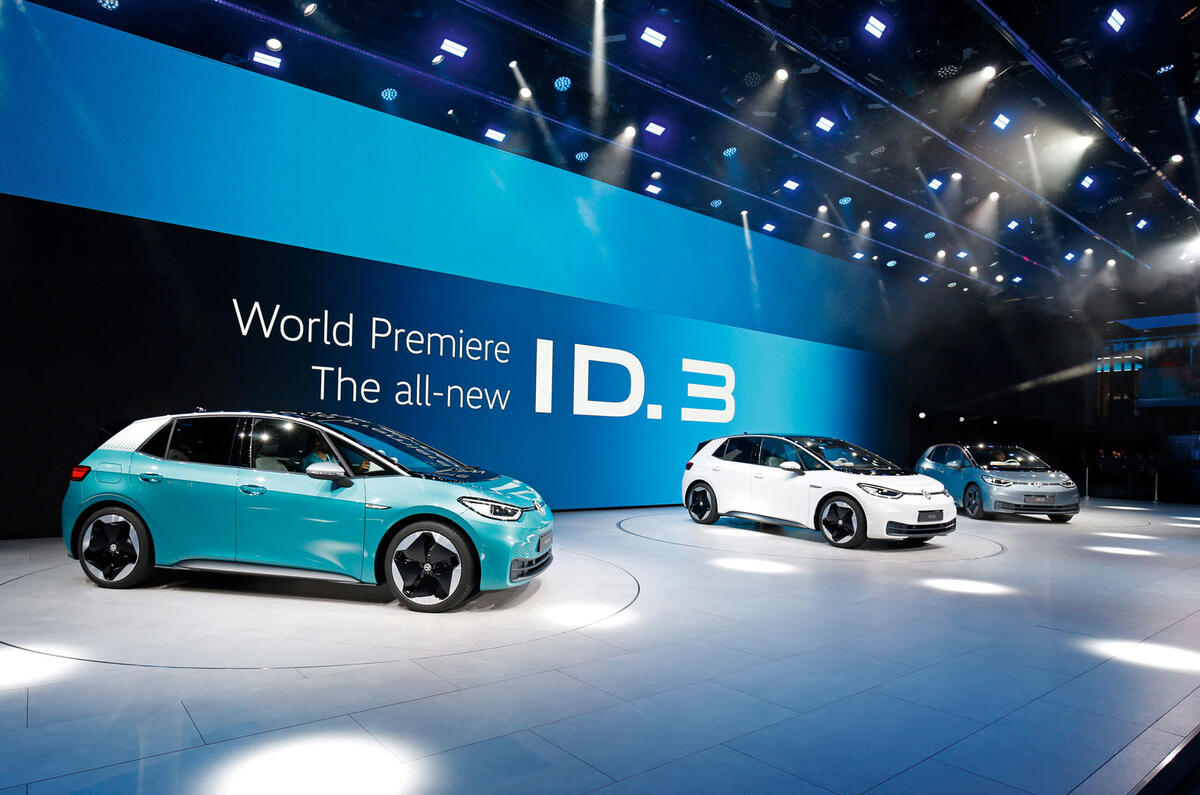
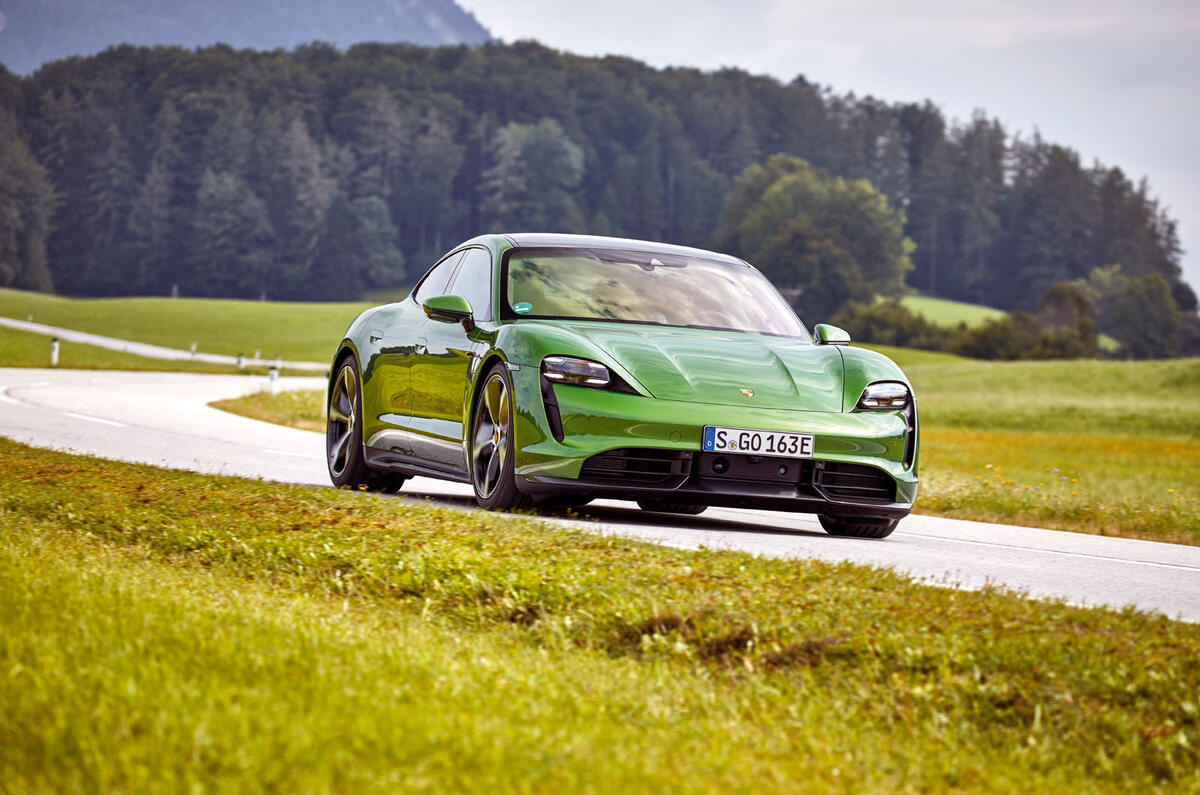
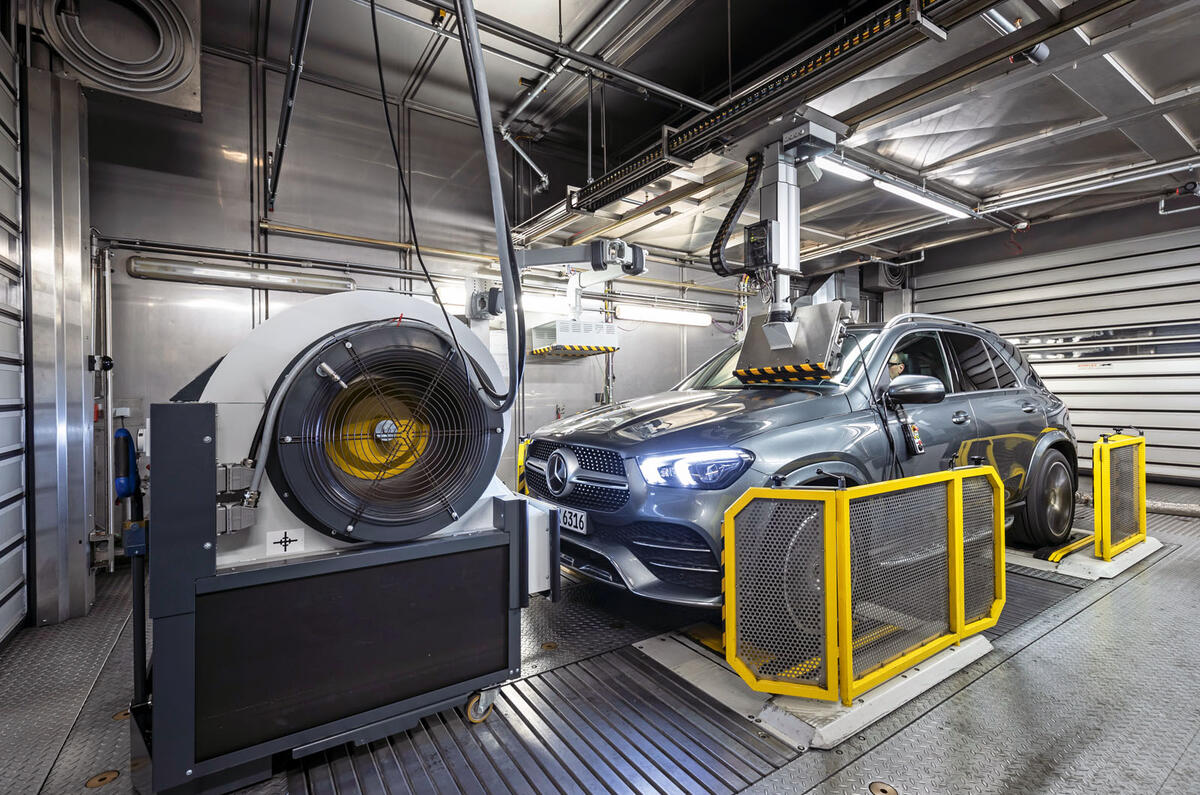
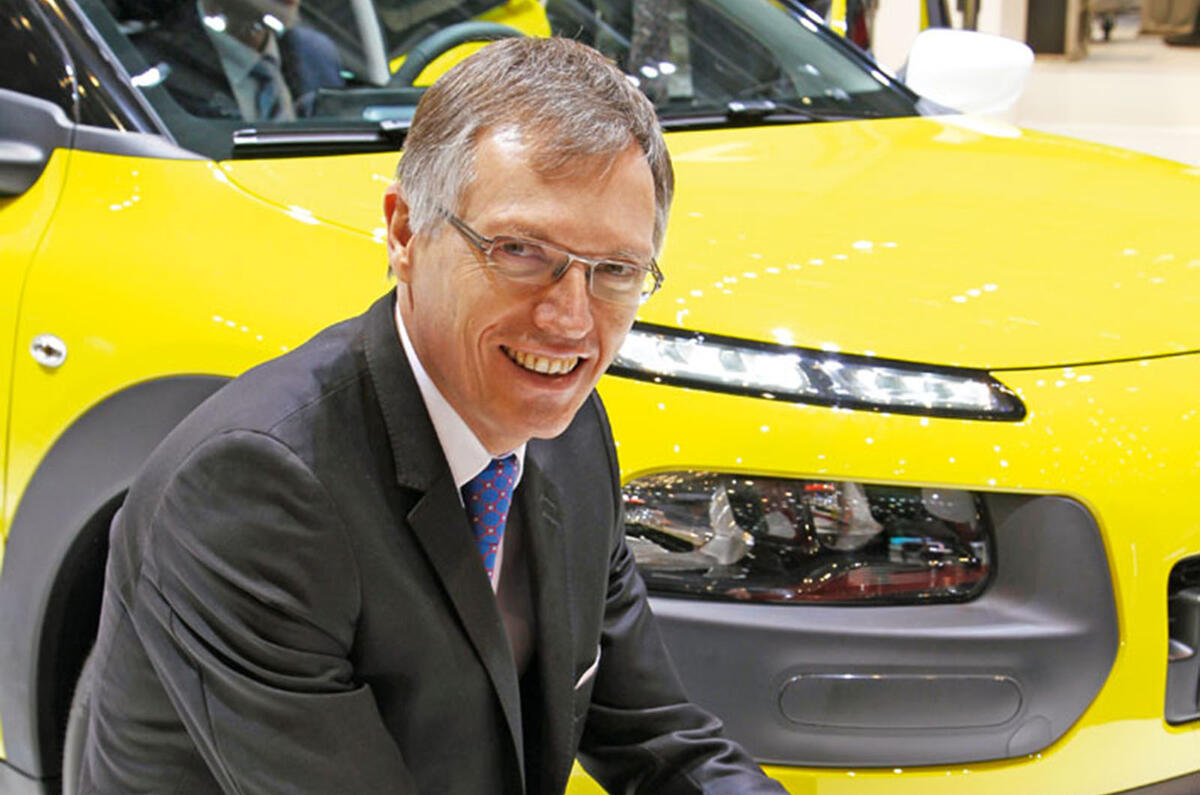
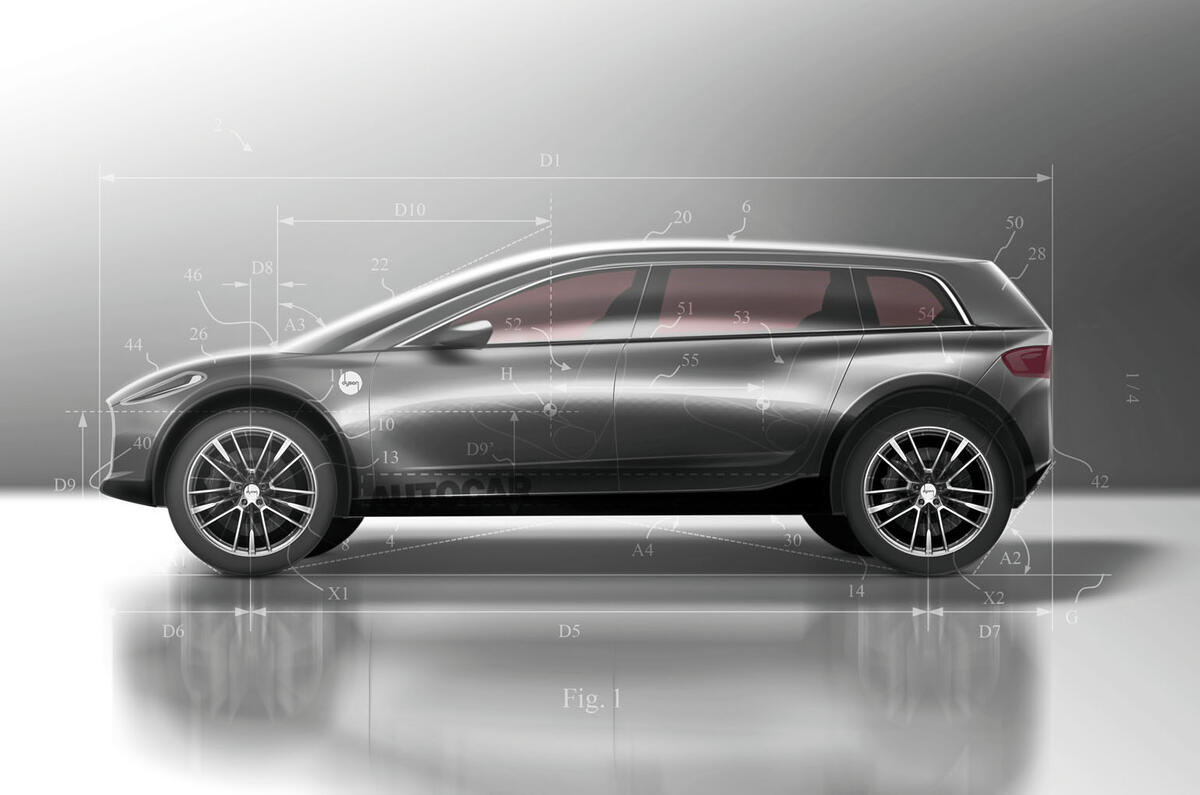
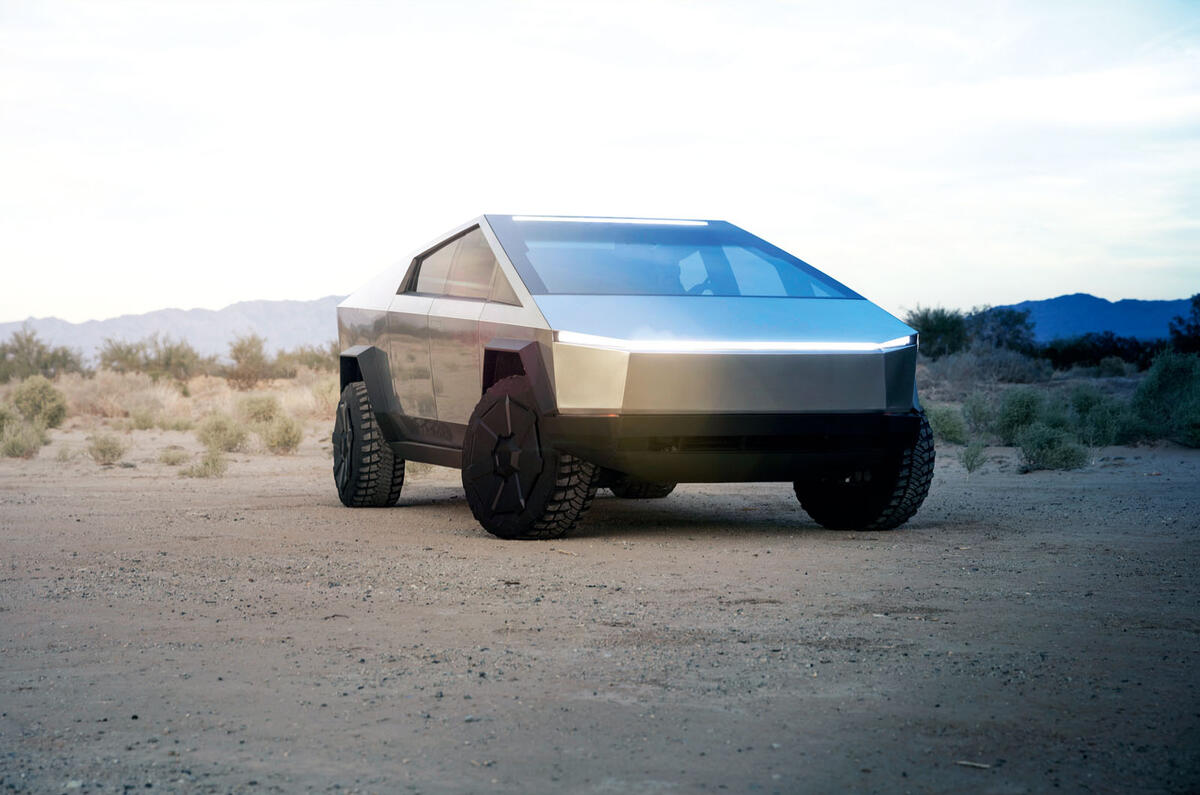
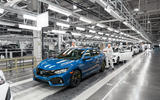


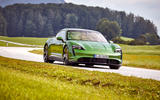
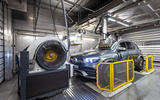

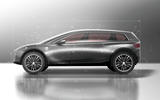
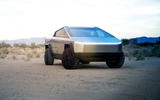

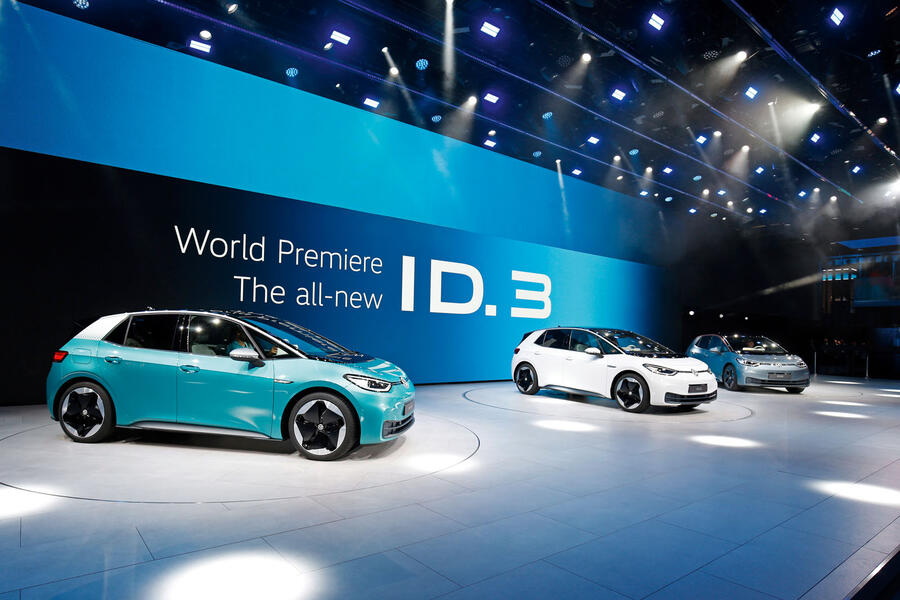
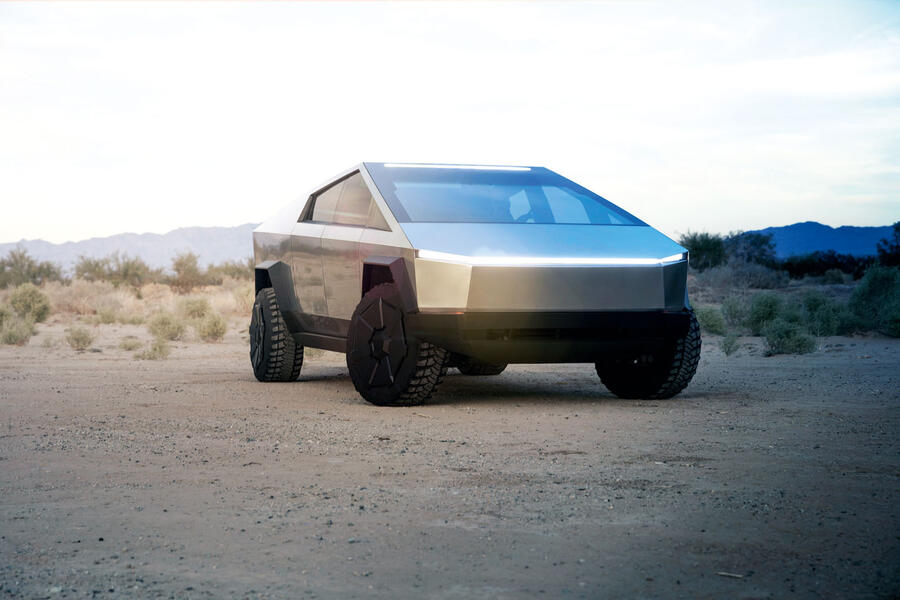
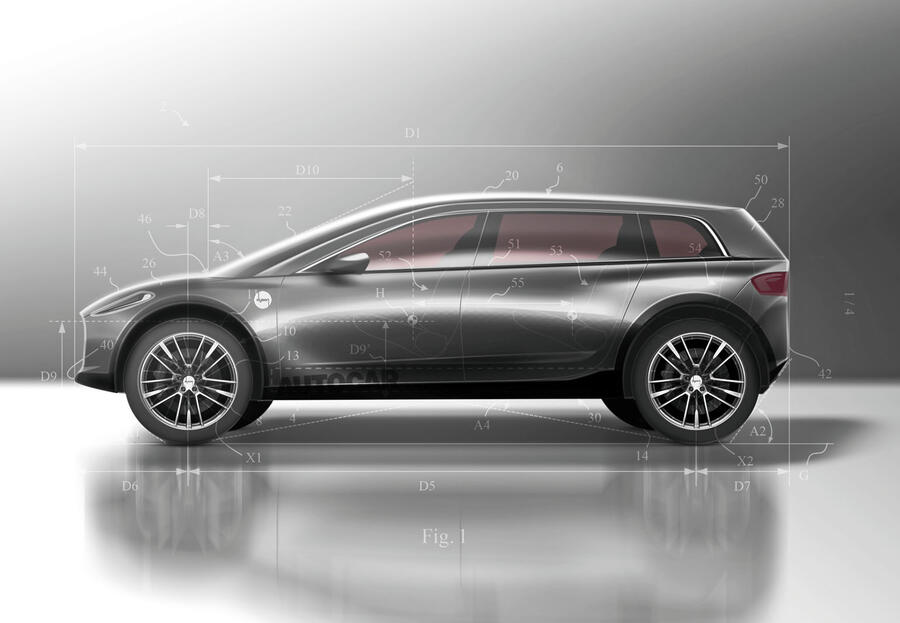





Join the debate
Add your comment
In part due to Brexit, but
very few of the closures and production capacity reductions have been attributed by the manufacturers to Brexit, although some have been speeded up due to the uncertainty. Remember, we don't know what the trading terms will be after the transition period, so nothing has actually changed yet.
The truth is that the world needs less car production than European manufacturers hoped and their goal of ever expanding volumes was seriously flawed, particularly with new Chinese competitors and innovators like Tesla adding to the overall numbers.
Added to that, many factories in Britain have been on the edge of economic viability for decades, Ellesmere Port is a perfect example but also Honda and Nissan. Note that Toyota and Mini aren't going anywhere, and Mini and Jaguars moves to expand production into Europe, would have happened with or without Brexit, for lower costs.
Ranting over the various positives and negatives of Brexit needs to stop now. That ship has sailed. I fear the consequences of a bad (or no) trade deal as well, but that has yet to be decided.
Not sure the taycan has set
Brexit killing UK car manufacturing.
Brexit is killing off UK car manufacturing.
Mercedes was going to do a joint venture with Nissan in Sunderland, but pulled out because of Brexit.
Nissan moved production of the X-Trail because of Brexit.
Honda is pulling out of Britain because of Brexit. They had ships with the equipment needed to update Swindon on route to the UK and got them to turn back. They're instead building in a high-cost country with labour shortages.
Vauxhall have already warned they'll pull out because of Brexit.
Ford, well, this is the one that's probably not due to Brexit but they might have got an update to keep going if it weren't for Brexit.
Even JLR has moved more work to Slovakia because of Brexit.
BMW? Moving more production to their EU plant rather than continuing to expand their Mini operations.
Brexit is turkeys voting for Christmas. If you voted for it, you can own it. Admit you're making others poorer, you're taking away their freedoms, you're reducing their rights, you're putting them out of a job.
It's over mate. I'm
It's over mate. I'm emigrating, myself - company arranging a transfer to their offices in Berlin. Won;t be looking back. B*****ks to brexit britain.
Symanski wrote:
A lot of what you said is nonsense, the only xtrail built in the uk was the diesel, the petrol was always built in Japan. That the diesel isn't being built at all is nothing to do with brexit.
Honda's failing sales have caused their restructuring, that and they can build for UK and EU in Japan with the new trade deal.
Whether you like it or not it is happening, it's what happens next that matters but stop blaming everything on the decision to leave the EU, a lot of the issues have been caused by the uncertainty surrounding it which is down to our useless politicians.